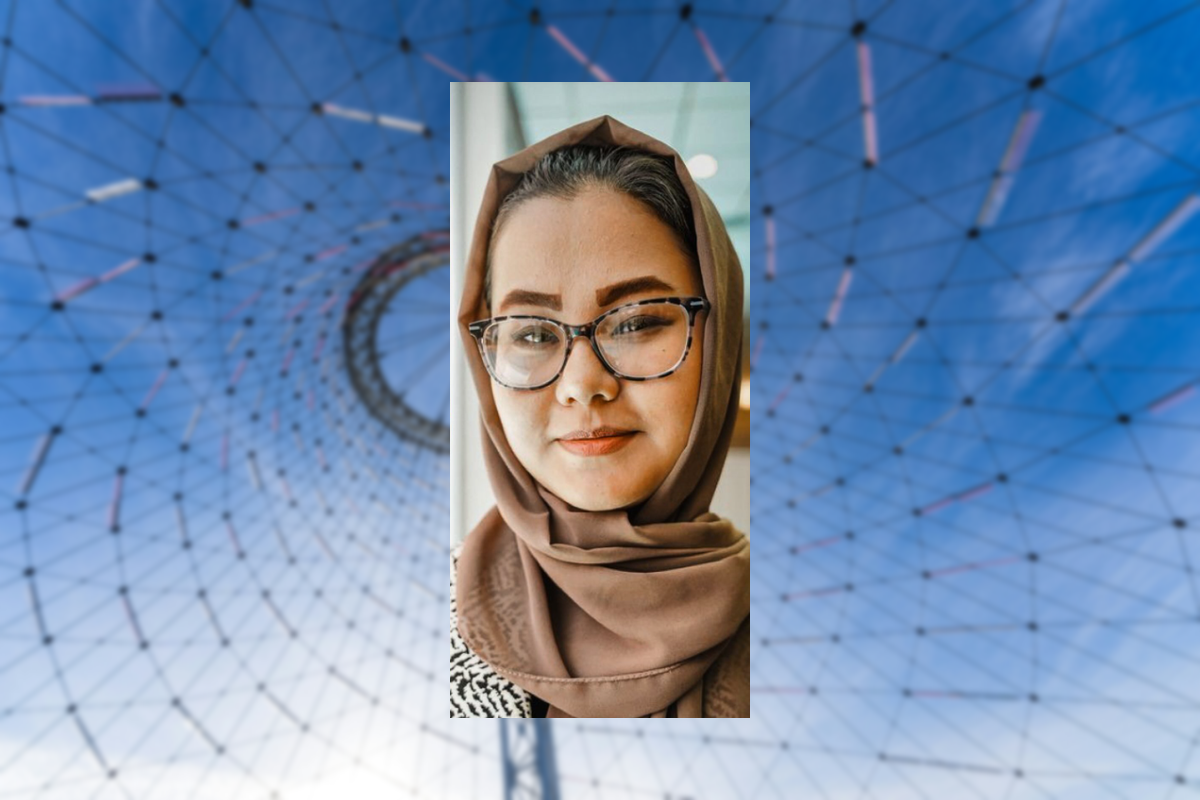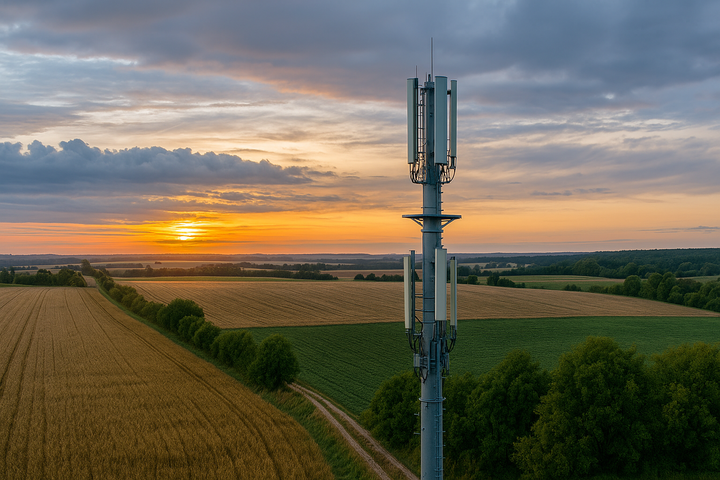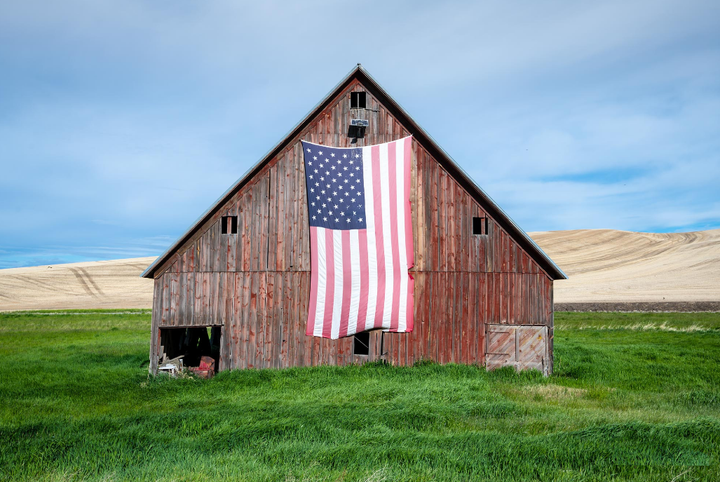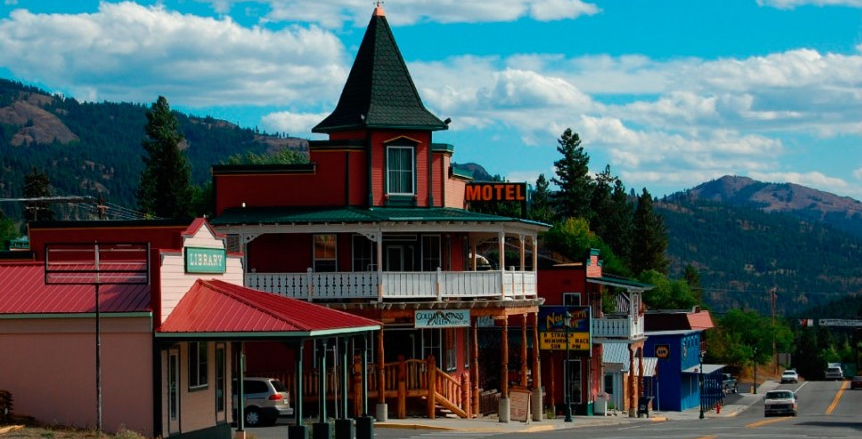“Roots and Hope: Spokane’s Thrive Project Takes Hold”

Cradled by Kindness: How Spokane Built a Home for Hope
Nafisa Zafari fled Afghanistan with a single backpack after months in hiding from the Taliban. In her home country, she had partnered with the U.S. Army to open schools for girls, a commitment that put her in grave danger once American forces withdrew. When she arrived in Spokane, exhausted and grieving, she found something unexpected: not just safety, but welcome.
"At first, I thought I would just survive here," she said. "But now I have goals again."
Those goals are being nurtured by Thrive International, the nonprofit that helped Nafisa transition from crisis to confidence. Today, she serves as a resource coordinator, guiding other refugees through the same maze she once navigated, housing applications, job searches, school enrollments. She is also the embodiment of Thrive’s founding belief: that every newcomer deserves not only shelter, but the chance to belong.
A Local Answer to a Growing Need
Thrive International was born from a simple truth: Spokane needed a new kind of response to a new kind of challenge. As waves of humanitarian immigrants arrived in the Inland Northwest, many fleeing war or political persecution, the city found itself short on affordable, culturally responsive housing. Thrive emerged to fill the gap, quickly, creatively, and with community support.
Its founders chose the name deliberately. "This isn’t about charity," says Thrive Executive Director Mark Finney. "It’s about creating the conditions where people can thrive, economically, socially, spiritually."
Spokane’s Housing Crisis
Like many mid-sized cities, Spokane is grappling with a housing shortage that affects everyone, from longtime residents to recent arrivals. Rents have risen dramatically, while new construction has failed to keep pace. For refugee families, the challenge is even greater: credit history, job transitions, and language barriers make stable housing elusive.
Thrive’s latest initiative, in partnership with the Spokane Public Library, directly addresses that gap. The joint project is converting a 1.62-acre site into 48 affordable housing units, half reserved for refugee families, and half for the general public. The aim? Integration, not isolation.
Designed for Belonging
The mixed model is intentional. By welcoming both refugee and non-refugee tenants, the development encourages neighborly relationships across cultural lines. Shared gardens, a geodesic dome classroom, and a 24/7 library kiosk managed by the city will turn the complex into more than a housing project. It will be a learning hub, a gathering space, a microcosm of Spokane’s better angels.
"We want people to feel like this is their neighborhood," Finney said. "Not temporary shelter. Home."
More Than a Roof
Thrive provides wraparound services designed to empower residents. These include women’s leadership programs, job readiness training, legal rights workshops, and youth mentorship. Residents aren’t passive recipients of aid, they’re active builders of community.
Nafisa’s own path shows how effective that model can be. Within months of joining Thrive’s women's programs, she secured a part-time job, began community college, and now speaks publicly on behalf of new arrivals.
Funding Spokane’s Hope
In an era when many organizations fear federal cuts, Thrive has chosen resilience. Only 10% of its funding is tied to federal sources. The bulk comes from individual donors, local partnerships, and a $740, 000 Spokane County grant. Additional capital comes from collaborations with organizations like Courage Housing and the Ministry Housing Investment Group.
In 2023 alone, Thrive raised over $2 million in private contributions.
A Full-Circle Future
Today, Nafisa is no longer just a newcomer. She is part of Spokane’s civic fabric, a neighbor, a mentor, a friend. "I didn’t think I would have a future when I left," she says. "Now I get to help others build theirs."
The Thrive project is being completed in phases. Community garden space and educational amenities began opening in 2024, with full housing units expected within the next four years.
But perhaps the most important part has already taken root, a community where neighbors grow together, and hope is something shared.
This article appears in the Community section of The High Ground, where we highlight local efforts that build dignity, resilience, and connection in Eastern Washington.


